In a world where high-performance sports and fitness regimens dominate the landscape of physical achievement, an ancient practice often overlooked in the rush to modernity stands resolute: yoga. With its origins deeply rooted in mindfulness and holistic well-being, yoga has recently emerged as a powerful ally in the quest to unlock latent athletic potential. This article delves into the synergistic relationship between yoga and physical performance, exploring how the convergence of breath, movement, and mental focus can enhance strength, adaptability, and endurance. As we unravel the myriad benefits of integrating yoga into training regimes, we invite you to discover how this time-honored discipline not onyl harmonizes the body and mind but also transforms the very fabric of physical capability. Join us on this journey to understand the profound implications of yoga for athletes of all levels, and uncover the tools needed to elevate your performance to new heights.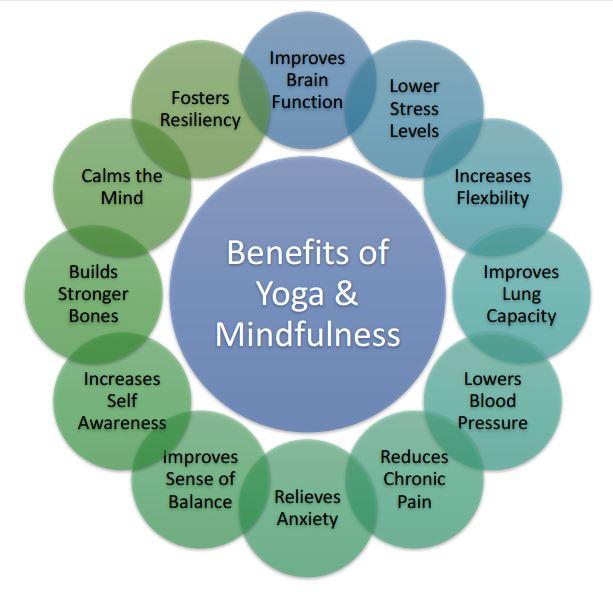
The Connection Between Mindfulness and Movement in Yoga
The essence of yoga lies in its ability to harmonize body and mind, creating a powerful synergy that enhances overall performance. As practitioners delve into their practice, they discover that the mindfulness cultivated through yoga is not just a mental exercise; it deeply intertwines with physical movement. Awareness of breath, posture, and alignment in each pose leads to better body awareness and control, resulting in improved flexibility and strength. This mindful connection helps individuals to push their physical limits while remaining grounded and present in the journey, optimizing their capacity to perform both on and off the mat.
Furthermore, studies have shown that incorporating mindfulness into physical routines, such as yoga, can substantially reduce stress and anxiety, which often hinder peak performance.By focusing on the present moment and letting go of distractions, practitioners can enhance their concentration, leading to heightened endurance and resilience. The benefits of this practice extend beyond the yoga studio; as athletes implement mindfulness techniques learned through yoga, they frequently enough experience improvements in their respective sports. Here’s a brief comparison of how mindfulness through yoga translates into enhanced athletic performance:
| Aspect | Yoga Benefits | Athletic Performance |
|---|---|---|
| Focus | Increased present-moment awareness | improved reaction times and decision-making |
| Breath Control | enhanced lung capacity and oxygen flow | better stamina during activities |
| Flexibility | Greater range of motion | Injury prevention and recovery |
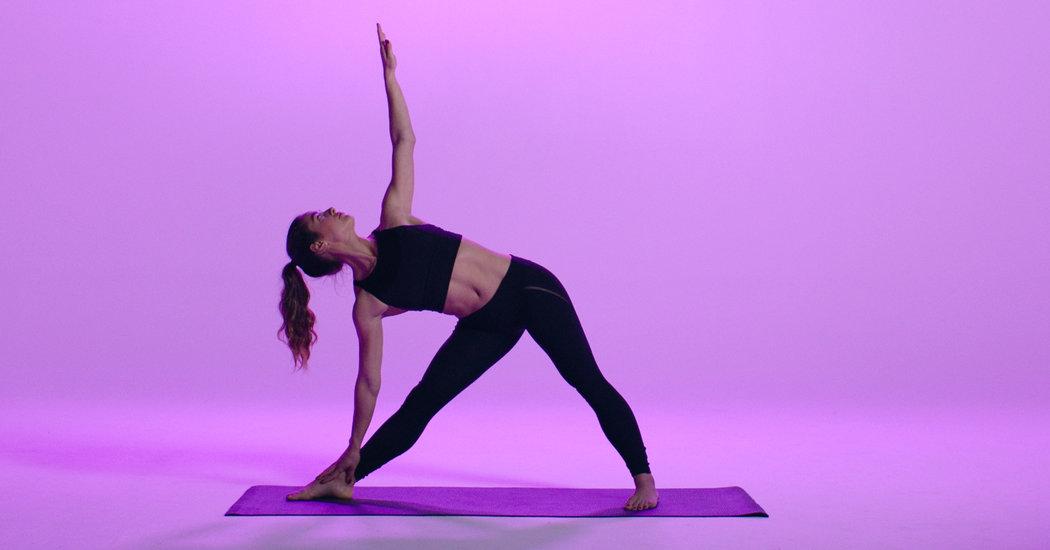
Building Strength and Flexibility Through Targeted Practices
Incorporating yoga into your training regimen fosters a harmonious balance between strength and flexibility, essential components for any athlete. Targeted practices such as Warrior Poses and Downward-Facing Dog not only enhance muscle endurance but also improve joint mobility. By holding these positions, practitioners develop core stability and resilience, allowing for greater power during performance. Furthermore, the emphasis on mindful breathing helps athletes connect deeper with their bodies, encouraging a more effective muscle engagement and recovery process.
To maximize benefits, a tailored routine can focus on specific muscle groups while promoting overall body awareness. consider integrating the following elements into your program:
- dynamic Stretching: Prepares muscles for intense exercise and prevents injuries.
- Static holds: Build strength in targeted areas by challenging your balance and stability.
- Breath Control Techniques: Enhance lung capacity and oxygen delivery to muscles.
- Progressive Sequences: Gradually increase intensity to elevate overall performance.
Here’s a quick overview of how specific yoga poses translate into physical benefits:
| Yoga Pose | Strength Benefit | Flexibility Benefit |
|---|---|---|
| Warrior I | Builds leg and core strength | Increases hip and shoulder flexibility |
| Tree Pose | Improves balance and stability | Stretches the thighs and groin |
| Cobra Pose | Strengthens the spine and shoulders | Enhances spine flexibility |
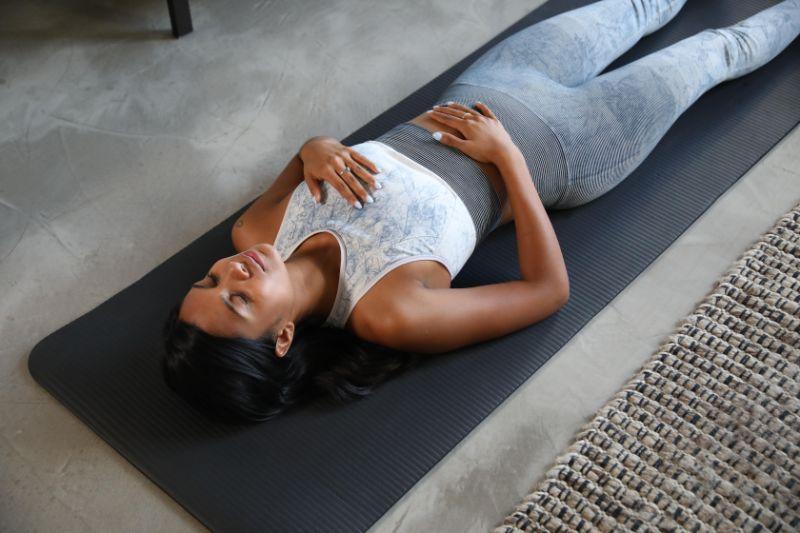
Enhancing endurance: The Role of Breathwork in Yoga
Breathwork in yoga serves as a powerful tool for enhancing endurance by teaching practitioners how to harness their breath to increase lung capacity and improve oxygen flow throughout the body. Through techniques such as Ujjayi and Nadi Shodhana, individuals cultivate a deeper awareness of their breathing patterns, paving the way for more efficient respiratory function. This enhanced breath control not only supports physical activities but also promotes a meditative state that can reduce fatigue and stress. When practiced consistently,breathwork can lead to a more synchronized mind-body connection,which is crucial for sustaining energy levels during demanding exertion.
Integrating specific breathwork techniques into physical training can yield substantial benefits. As a notable example, engaging in diaphragmatic breathing during yoga can stimulate the vagus nerve, leading to a cascade of physiological advantages, such as:
- Improved cardiovascular health
- Enhanced mental clarity
- Reduced recovery time
- Increased stamina
By including focused breathwork sessions into their routine, athletes and fitness enthusiasts alike can unlock a new level of endurance and resilience, ultimately enhancing their overall physical performance and allowing them to push beyond perceived limits.
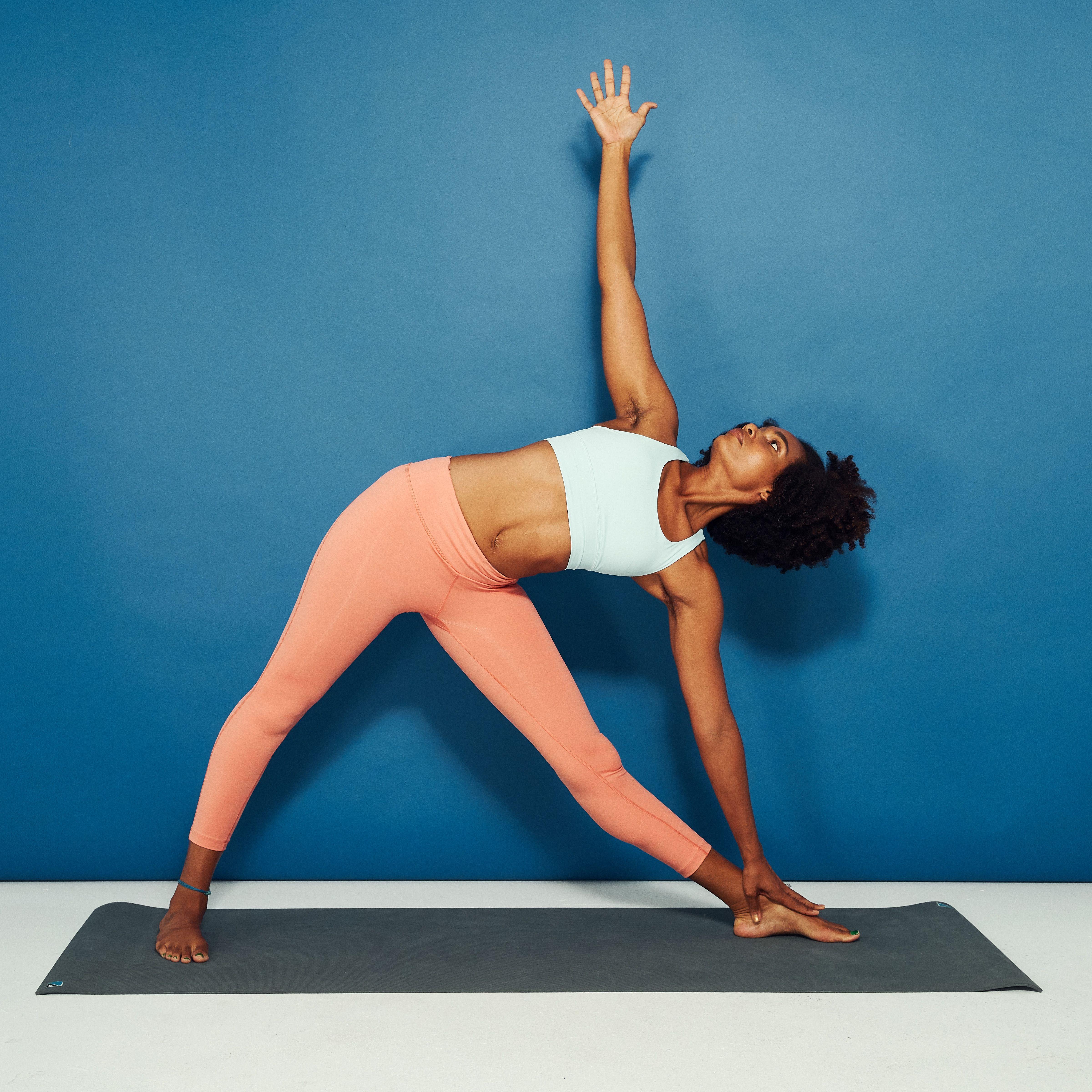
Integrating Yoga into your Training Regimen for Optimal Performance
Incorporating yoga into your training regimen allows athletes to tap into a new dimension of performance enhancement. By emphasizing flexibility, balance, and breath control, yoga serves as an essential complement to traditional strength and endurance training. This ancient practice nurtures the mind-body connection, which can lead to improved focus and mental clarity during competitive events. The mindful movements and postures also facilitate faster recovery times between workouts by reducing the risk of injury and alleviating muscle tension.
To maximize the benefits of yoga in your training, consider these key principles:
- Dynamic Warm-ups: Begin sessions with sun salutation flows to enhance circulation.
- Targeted Asanas: Incorporate poses like Warrior II and Downward Dog to build strength and stability.
- Breathing Techniques: Utilize pranayama practices to enhance lung capacity and endurance.
moreover, tracking your progress can provide valuable insights into how yoga affects your performance. Below is a simple table to illustrate potential benefits:
| Yoga benefit | Impact on Performance |
|---|---|
| Increased Flexibility | Improves range of motion, enhancing technique. |
| Enhanced Focus | Boosts concentration levels during competition. |
| Stress Reduction | Promotes mental clarity and reduces performance anxiety. |
To Wrap It Up
as we draw the curtain on our exploration of yoga’s role in enhancing physical performance, it becomes increasingly clear that this ancient practice is far more than a series of poses and breathwork. It serves as a bridge connecting body and mind, unlocking untapped reserves of strength, flexibility, and focus. As athletes and enthusiasts alike incorporate yoga into their training regimens, they discover that true potential lies not only in the sweat of hard work but also in the stillness of mindful practice.
In a world that often prioritizes speed and intensity,yoga invites us to slow down,listen to our bodies,and cultivate resilience from within. The tangible benefits—improved balance, increased range of motion, and enhanced concentration—are just the surface of a deeper transformation. By nurturing the mind-body connection, practitioners frequently enough find themselves not only reaching new heights in performance but also developing a more profound sense of self-awareness and well-being.
As you step off your mat, consider how you can integrate the principles of yoga into your own athletic journey. Unlocking potential is not merely a physical endeavor; it’s a holistic approach to thriving in every facet of life. Whether you’re a seasoned athlete or just beginning your practice,may you find inspiration in the harmony of movement and breath,unlocking pathways to your fullest potential.

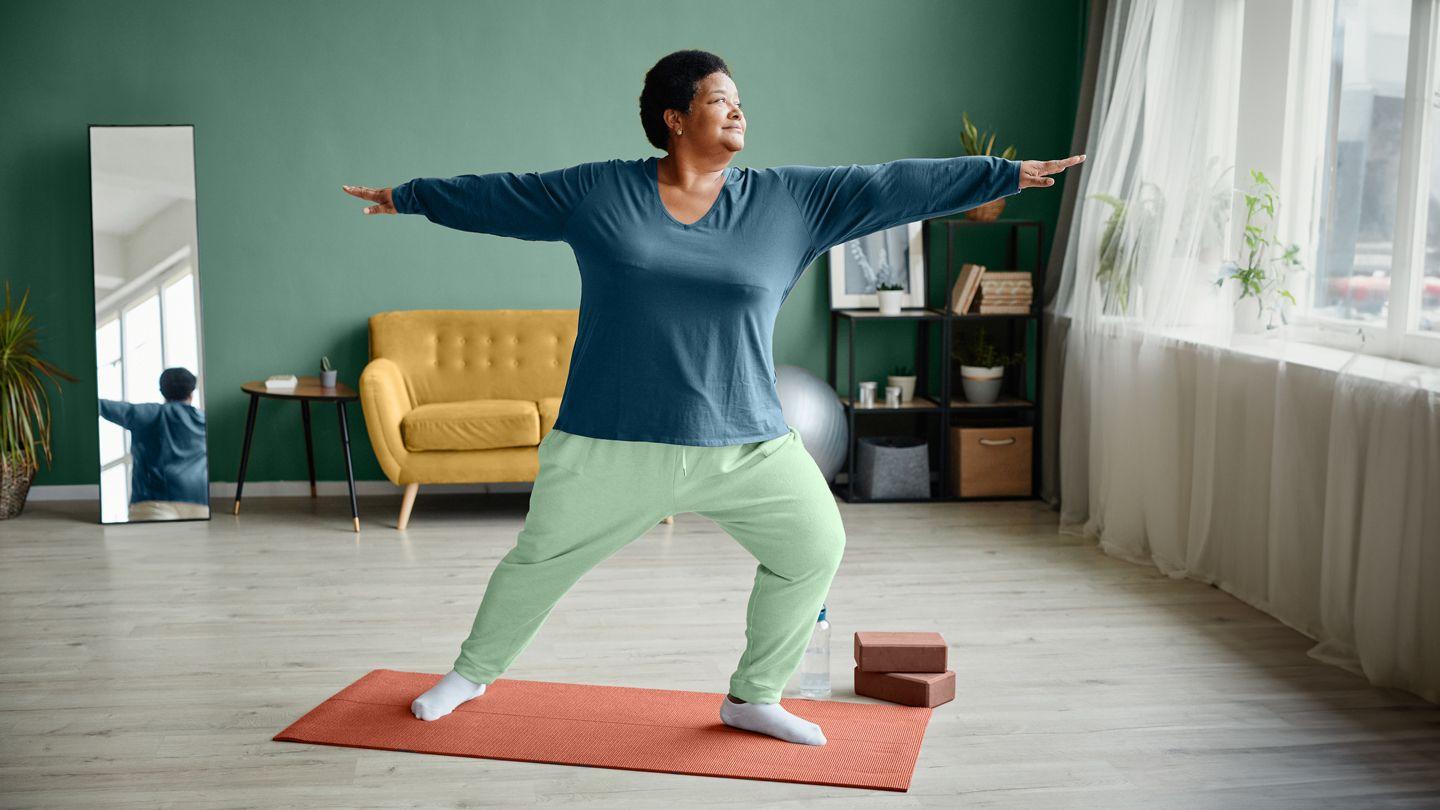



Leave a Reply